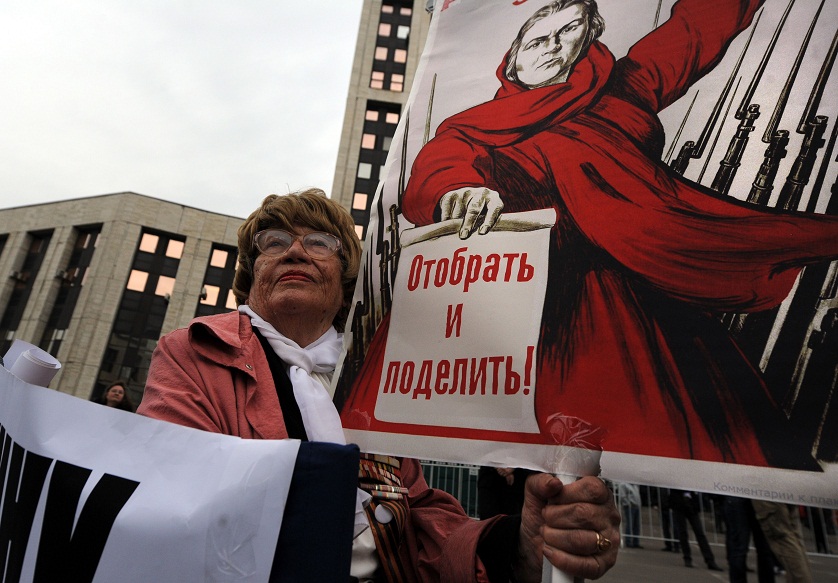CAIRO: Egyptians are determined to see the dictator they ousted tried, a poll surveying the most important issues facing Egypt at this time revealed.
In a poll conducted by the research company YouGov, respondents ranked Hosni Mubarak’s trial an overall third, coming in after “eliminating corruption” and “economic growth.”
Respondents prioritized Mubarak’s trial over other issues which include education and literacy, employment and healthcare.
According to the survey, a majority of 67 percent want Mubarak to be sentenced to death if convicted of the charges against him, on the other hand, 22 percent are against this sentence.
Interestingly, among the age groups of 18–24 and 25–29, who are credited to have ignited the Jan. 25 uprising, the support for the death penalty rises to 77 percent and 70 percent respectively.
However, regarding how generous or harsh they think the trial will be towards Mubarak, 30 percent stated that it will be “very harsh” while 28 percent believe it will be “somewhat generous.”
On the other hand, while 41 percent believe Mubarak’s politically ambitious son, Gamal, will be tried “very harshly,” only 21 percent stated that they believe the same about his older brother, Alaa.
The survey was carried out using YouGov’s online Middle East panel of 260,000. Total sample size was 1012 Egyptian residents and the data was weighted to be representative of the urban adult population of Egypt, aged 18 plus.
When it comes to the ruling Supreme Council of the Armed Forces (SCAF) 91 percent of respondents described themselves as favorable towards it, and a sizable majority of 68 percent believe the army can play an important mediating role for the various political and social groups vying for influence in the new Egypt.
Furthermore, 47 percent “strongly agree” that SCAF, or “the caretaker government has not gone far enough and should increase the pace of political and social reforms.”
By comparison, it also remains significantly more popular than other key institutions as 40 percent of respondents described themselves as being favorable towards the Muslim Brotherhood, Egypt’s largest and most organized political group. Meanwhile, a majority of 55 percent described themselves as unfavorable towards it.
Al-Wasat Party, which was branched out by former members of the Muslim Brotherhood with the manifesto of being “liberal and centrist,” was viewed as favorable by only 36 percent.
The poll’s results indicate that the Egyptian society reflects relatively low levels of enthusiasm for any kind of Islamist government. But if there’s a serious challenge to the evolution of a new liberal politics for Egyptians, it comes from the fact that the military regime underpinning the Mubarak-era still retains considerable control over key institutions of government, including law and order, much as it did before, according to a statement by YouGov.

